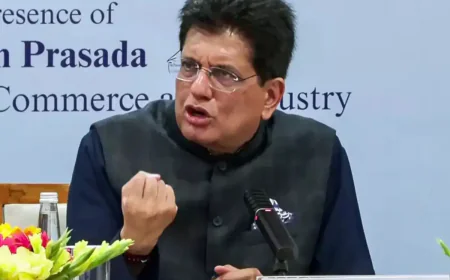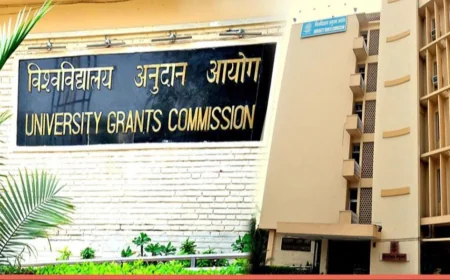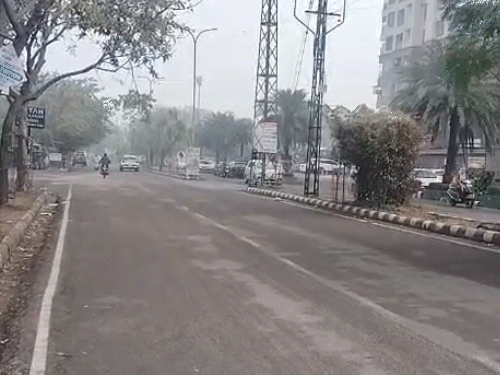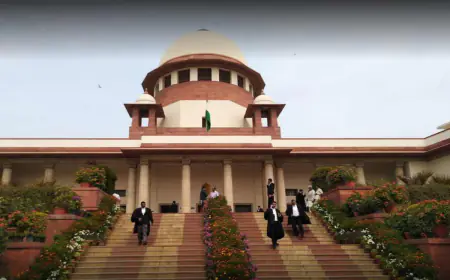Citizenship Amendment Act will be implemented before Lok Sabha elections, know more about the act
CAA: The Citizenship Amendment Bill was passed by the Parliament on December 11, 2019. This bill got the assent of the President just a day later. Through CAA, it will be easier for minorities belonging to Hindu, Sikh, Jain, Buddhist, Parsi and Christian communities from Pakistan, Bangladesh and Afghanistan to get Indian citizenship.

The rules of 'Citizenship Amendment Act' (CAA) will come into force before the Lok Sabha elections in the country. Trusted sources of the Central Government have given this information on Tuesday. The Union Home Ministry has completed its homework on this matter. CAA rules may come into effect in January or February. Under the rules of the Citizenship Amendment Act, the rules for obtaining Indian citizenship will become easier for non-Muslim immigrants from India's three Muslim neighbouring countries, which include Pakistan, Afghanistan and Bangladesh. These six communities include Hindus, Christians, Sikhs, Jains, Buddhists and Parsis.
The Citizenship Amendment Bill was passed by the Parliament on December 11, 2019. This bill got the assent of the President just a day later. Through CAA, it will be easier for minorities belonging to Hindu, Sikh, Jain, Buddhist, Parsi and Christian communities from Pakistan, Bangladesh and Afghanistan to get Indian citizenship. Such minorities have entered India on or before December 31, 2014. Earlier, to acquire Indian citizenship, a person was required to live in India for at least 11 years. This rule has been simplified under the Citizenship Amendment Act 2019. The period for acquiring citizenship has been increased from 1 to 6 years.
This law has not been implemented yet because rules are yet to be made under the CAA. The Parliamentary Committees on Subordinate Legislation in Rajya Sabha and Lok Sabha had given extensions to the Union Home Ministry till December 31, 2022 and January 9, 2023, respectively. After this, the parliamentary committees again approved the expansion.
Want to get your story featured as above? click here!
Want to get your story featured as above? click here!
There were sharp reactions in the country regarding CAA. Many political parties also opposed it. At that time the central government had decided to implement it, but due to Corona, CAA remained in limbo. More than 200 public interest litigations were filed in the Supreme Court in this matter. Amidst all this, Union Home Minister Amit Shah kept saying that CAA would be implemented in every situation. There has been a delay in implementing this Act due to the Covid-19 pandemic. Those who think this will not happen will be proven wrong.
CAA, in itself, does not give citizenship to any person. Through this, the eligible person becomes eligible to apply. This law will apply to those who came to India from Pakistan, Afghanistan and Bangladesh on or before December 31, 2014. In this, the migrants will have to prove the period for which they have stayed in India. They will also have to prove that they have come to India due to religious persecution from their countries. They speak the languages which are included in the Eighth Schedule of the Constitution. They will also have to fulfil the requirements of the Third Schedule of the Civil Code 1955. Only after this, the migrants will be eligible to apply.





































.jpeg)
































































































